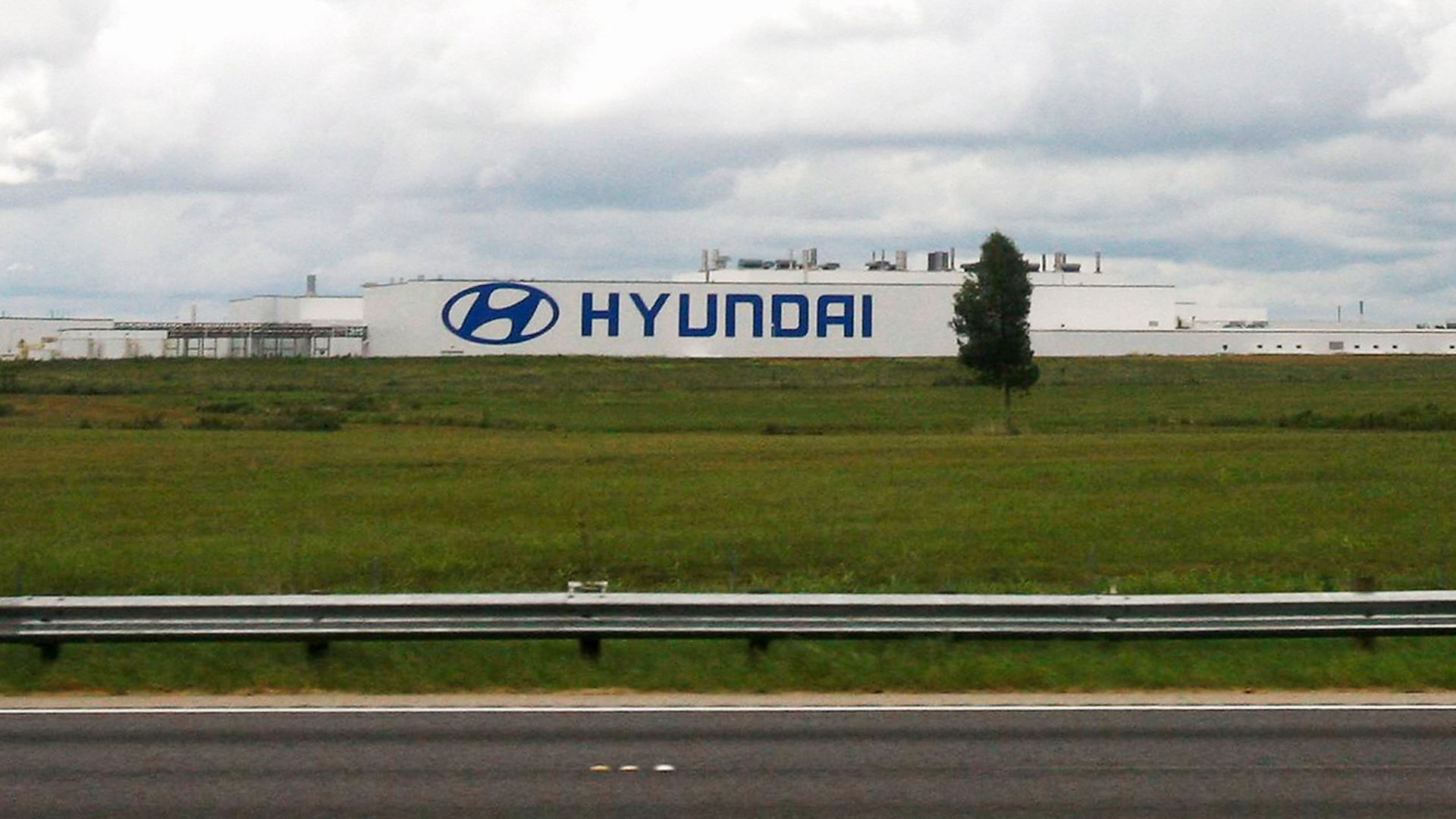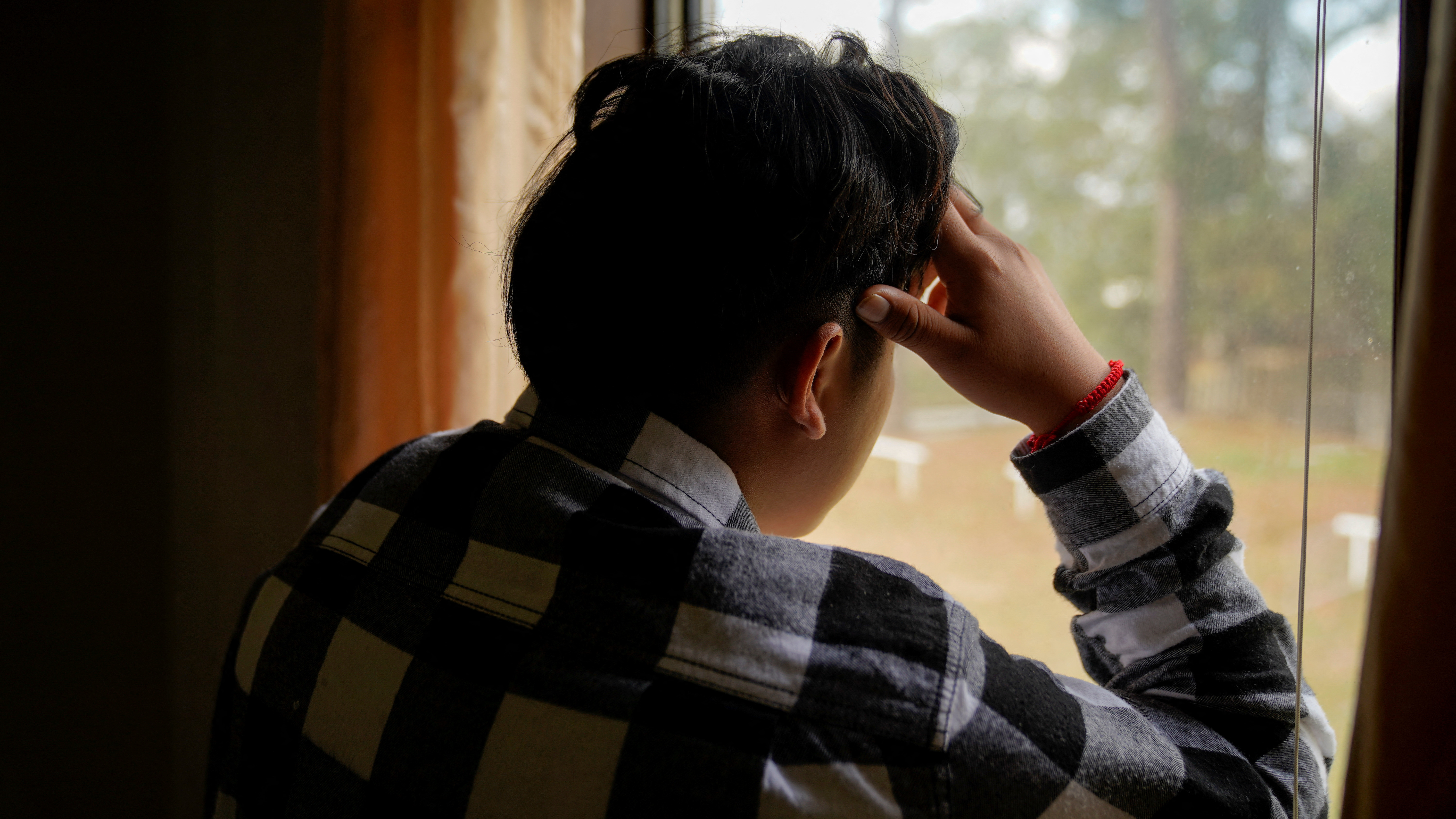
An underage worker previously employed at SL manufacturing facility poses for a portrait in his bedroom in Savannah, Georgia, U.S., December 9, 2022. /Reuters
An underage worker previously employed at SL manufacturing facility poses for a portrait in his bedroom in Savannah, Georgia, U.S., December 9, 2022. /Reuters
In the U.S., child labor is making a comeback - often in its most brutal form. Across the country, kids are operating fryers in restaurant kitchens, cleaning meatpacking plants, industrial bone saws, office buildings and houses as well as working other dangerous and low-paying jobs.
Last year, there were roughly half a million American children working in the agriculture sector alone, according to nonprofit organization Association of Farmworkers Opportunity Program (AFOP). Many of these children start working as young as age eight, toiling the field picking fruits and vegetables and placing them in boxes, sometimes in triple-digit heat, while a 72-hour work week is not uncommon.
Like many other jobs currently worked by children, farm work is highly hazardous as they are exposed to carcinogenic pesticides. Children being asked to operate dangerous equipment has corresponded to an increase in the rate of tragic accidents involving youth, according to AFOP.
Employers of these minors span from a variety of industries and include some of the country's most well-known brands and businesses who rely on subcontractors that illegally hire them, according to a New York Times exposé published last month. These include Cheetos, Walmart, Target, Whole Foods, Ben and Jerry's ice cream as well as auto manufacturing plants that supply parts to Hyundai, Kia and General Motors.
The victims often work all night, attempting to attend school during the day, many giving up on such an impossibly exhausting schedule, the Times has found. If they ask questions about their employment conditions, they may face retaliation. Besides, girls routinely experience sexual harassment and coercion by adult men.

A Hyundai auto plant is seen from inside a Greyhound bus outside of Montgomery, Alabama, U.S., August 13, 2008. /Reuters
A Hyundai auto plant is seen from inside a Greyhound bus outside of Montgomery, Alabama, U.S., August 13, 2008. /Reuters
Migrant children
Out of all the children hired, migrant children account for a disproportionate share as a result of the migrant crisis at the country's southern border. Last year, the number of unaccompanied minors entering the U.S. reached a high of 130,000, which was three times what it was five years ago. Meanwhile, child labor violations have also jumped threefold since 2015, as discovered by the Economic Policy Institute after examining data by the U.S. Labor Department.
Children have been crossing the U.S.-Mexico border on their own for decades, which leaves many of them vulnerable to exploitation. Now, just a third of migrant children are going to their parents while a majority are sent to other relatives, acquaintances or even strangers, according to the New York Times analysis of federal data.
Migrant children often feel the financial pressure in their family while many have no option but to work alongside their parents to help bring food on the table, according to an analysis on child labor by AFOP.
"Children know without even being told that they could either live in crushing poverty or contribute their time and energy to the very industry that is oppressing their parents. So — naturally — they often 'choose' the latter," the report said.
Child labor has been shown to have negative consequences on children's physical and mental health, and can lead to decreased educational opportunities and future job prospects. It also violates international human rights standards, which the United States is obligated to uphold.

An underage worker previously employed at SL manufacturing facility poses for a portrait in his bedroom in Savannah, Georgia, U.S., December 9, 2022. /Reuters
An underage worker previously employed at SL manufacturing facility poses for a portrait in his bedroom in Savannah, Georgia, U.S., December 9, 2022. /Reuters
Freedom to work or freedom to suffer?
"A self-supporting and self-respecting democracy can plead no justification for the existence of child labor," argued former U.S. President Franklin D. Roosevelt in 1937 as he sent the Fair Labor Standards Act into Congress. Besides prohibiting the employment of minors in "oppressive child labor," the bill also created a national minimum wage and standard for overtime pay – a giant leap for the working people in the U.S. at the time.
Today, politicians are seeking to roll back laws that once protected one of the country's most vulnerable population. Earlier this month, the governor of Arkansas Sarah Huckabee Sanders signed a bill that eliminated state requirements to verify children to be at least 16 before receiving a job, which she argues would give children and their parents freedom to work.
The bill's sponsor told local news station that previous regulation was "one small burden on businesses, and also steps in front of parents' decision-making process about whether their child under 16 years of age can get a job."
Known as Youth Hiring Act of 2023, the bill represents the latest attempt by mostly Republican states to loosen existing child labor laws.
In Ohio, lawmakers are considering a bill that would let 14- and 15-year-old children work year-round until 9 p.m. each day. The bill has bipartisan support and includes a resolution that would ask the federal government to change its child labor laws. In Iowa, legislative proposals would allow children at least 15 years old to sell alcohol and those at least 14 years old to work specific jobs in meatpacking plants. The Iowa bill would also protect companies from liability if a child got sick or injured or died while at work.
Responding to the increase in child labor violations, the Biden administration is asking Congress to increase funding for the enforcement effort, and pass legislation to increase civil monetary penalty amounts for violations, the Bloomberg reported.
However, as journalist Tyler Walicek pointed out in an article on "Truthout," the administration's announcements may "do more to provide rhetorical cover than to mend human suffering at any meaningful scale."
"Structural injustice is so deeply inscribed: paltry wages, exploitative corporations and contractors, nationwide inequality, racial hatred and the viciously retributive border policies rolled out by all administrations, Biden among them," he said.
"As the full scope of interlocking factors comes into view, the promised changes start to seem like little more than window dressing."